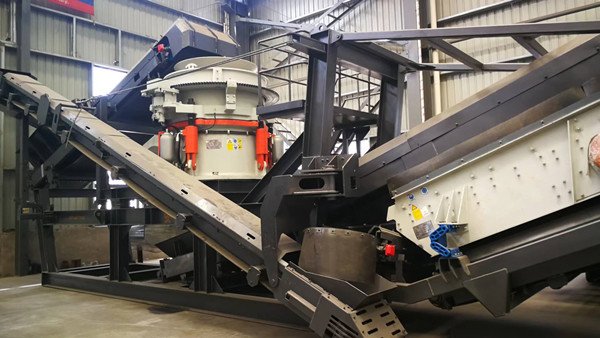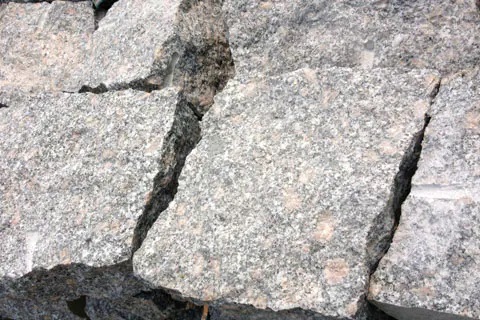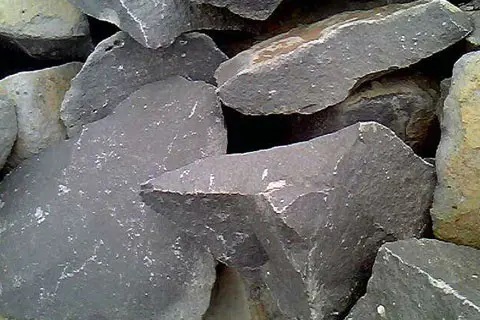10 Tips Selecting Cone Crusher For Your Plant
Cone crushers are an important type of crushing machine that is used in many industries. They are versatile, reliable, and durable, making them ideal for use in a wide range of applications. Whether you are in the mining or construction industry, a cone crusher can help you to efficiently and effectively crush materials into smaller pieces.
The cone crusher was first developed in the 1920s by Symons brothers, who were trying to improve the efficiency of crushing machines. The Symons cone crusher was then further developed in the 1940s by a company called Allis-Chalmers. Today, there are many different types of cone crushers available, each with its unique features and capabilities.
One of the main advantages of cone crushers is their ability to crush materials of varying hardness. They are also able to produce a more uniform product size than other crushing machines, which makes them ideal for use in the production of asphalt and concrete.
There are two main types of cone crushers: the standard type and the short head type. The standard type is used for coarse and medium crushing, while the short head type is used for medium and fine crushing. The difference between the two types is that the short head type has a steeper crushing chamber and a smaller feed opening.
Cone crushers are also known for their reliability and durability. They are designed to withstand heavy use and are often used in harsh environments. Many cone crushers are also equipped with advanced technology, such as hydraulic systems, which can help to reduce maintenance and repair costs.
1. Type of Material
The type of material you will be processing will play a significant role in selecting a cone crusher. Different materials have different properties and characteristics that require different types of crushing equipment. For example, hard and abrasive materials such as granite and basalt require a cone crusher with a high capacity and a high reduction ratio, while softer materials like limestone and shale require a cone crusher with a moderate capacity and a lower reduction ratio.
2. Feed Size
The third factor to consider is the size of the feed material. Cone crushers have a limited maximum feed size, which is the largest piece of material that can be fed into the crusher without causing damage. If your material is too large, it may cause the crusher to jam or break down, so it is important to choose a crusher that is appropriate for the size of your material.

3. Capacity
The capacity of the cone crusher is another important factor to consider when selecting a cone crusher. The capacity is determined by the size of the feed opening and the throughput capacity of the machine. The larger the feed opening and the higher the throughput capacity, the more material the cone crusher can process.
4. Cone crusher working principle
Standard cone crushers are used for secondary and tertiary crushing, while short head cone crushers are used for fine crushing. The choice between these two types of crushers will depend on the specific application and the desired product size.
5. Automation
The fifth factor to consider is automation. Cone crushers with advanced automation features can help improve productivity and reduce operating costs. Some cone crushers come with automated control systems that allow operators to adjust the settings from a remote location, reducing the need for on-site personnel.
6. Mobility
The sixth factor to consider is mobility. If you need to move the crusher from one site to another, it is important to choose a cone crusher that is easy to transport. Some cone crushers can be mounted on wheels or tracks, making them more mobile and easier to move from one location to another.
7. Power and Efficiency
The power and efficiency of the cone crusher are also important factors to consider. The power of the cone crusher is determined by the motor size and the hydraulic pressure. The efficiency of the cone crusher is determined by the design of the crushing chamber, the speed of the eccentric shaft, and the length of the crushing stroke.
8. Maintenance and Service
The maintenance and service requirements of the cone crusher are also important factors to consider. The cone crusher should be easy to maintain and service, with easy access to the main components for inspection and maintenance. The wear parts should be easy to replace and readily available.
9. Cost
The cost of the cone crusher is also an important factor to consider. The cost of the cone crusher includes the initial purchase price, the operating cost, and the maintenance cost. While a more expensive cone crusher may have a higher initial cost, it may be more cost-effective in the long run due to lower operating costs.
10. Environmental Regulations
Many countries have strict regulations on emissions, noise levels, and dust suppression, so it is important to choose a cone crusher that meets these regulations. Cone crushers with advanced dust suppression systems and low emissions can help ensure compliance with environmental regulations.
Pre:« Ultra Fine Grinding Mill
Next:



